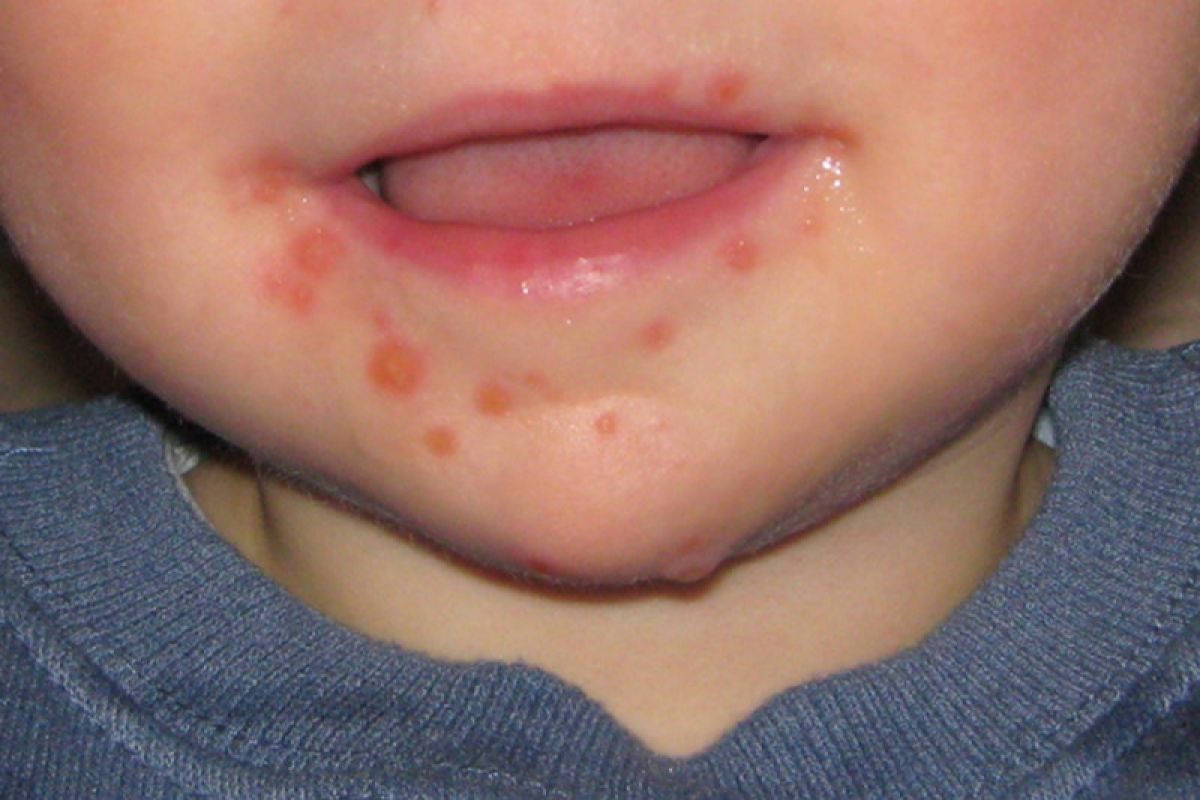Siti Nadia Tarmizi, the head of the ministry's communication and information bureau, stated that the national laboratory has been detecting Enterovirus 71 (EV71) as part of its surveillance program for hand, foot, and mouth disease (HFMD), which is caused by enteroviruses.
"It has been detected for quite some time," she mentioned in Jakarta.
Tarmizi informed that Enterovirus 11, which is currently affecting Europe and has resulted in the deaths of 8 infants, has not yet been detected in Indonesia.
She further explained that the Sri Oemijati National Laboratory is equipped with enterovirus diagnostic tools that employ culture identification and polymerase chain reaction (PCR) techniques to detect the virus.
She clarified that the virus is generally transmitted to newborns through the gastrointestinal tract or via inhalation into the respiratory tract, leading to symptoms such as cough, runny nose, and fever.
Exclusive breastfeeding is the most effective prevention against the virus. Additionally, maintaining a clean and healthy lifestyle, including washing hands before handling the baby, is also crucial, she said.
On July 7, 2023, the World Health Organization (WHO) reported that 26 babies in various countries in Europe were infected with enterovirus. Eight of them died due to organ failure and sepsis.
Enterovirus infections have been reported in Croatia, France, Italy, Spain, Sweden, and the United Kingdom, with most of the deaths occurring in France.
Cases of Enterovirus 11 were identified in early 2022, and at least half of the 26 cases were reported since late spring this year.
Related news: Scientific proof required in reports of bird flu transmission to human
Related news: Indonesia boosts virus sequencing capacity amid endemic transition
Translator: Andi Firdaus, Resinta S
Editor: Anton Santoso
Copyright © ANTARA 2023











